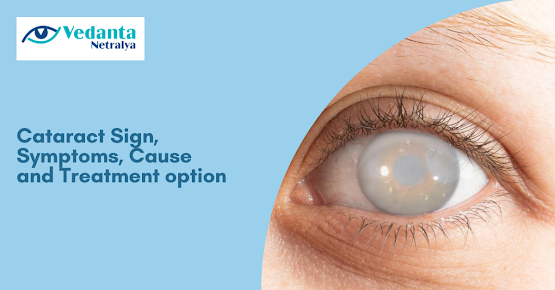Everything About Age-related macular degeneration
Age-related macular degeneration (AMD) is a leading cause of vision loss among adults aged 50 and older. AMD affects the macula, which is the central portion of the retina and is responsible for sharp, central vision. There are two types of AMD: dry and wet.
Dry AMD occurs when the macula slowly breaks down over time. Wet AMD occurs when abnormal blood vessels grow beneath the retina and leak fluid or blood. Wet AMD is the more severe form of the disease and can lead to vision loss more quickly than dry AMD.
There is no cure for AMD, but there are treatments that can slow down its progression and help preserve vision. These include:
Cataract surgery: This procedure can help improve vision in people with early-stage AMD.
Low-vision aids: These devices, such as magnifiers and special lenses, can help people with AMD make the most of their remaining vision.
Anti-VEGF treatments: These injections can help slow the progression of wet AMD by stopping the growth of abnormal blood vessels.
Laser surgery: This procedure can be used to destroy abnormal blood vessels in people with wet AMD.
If you have age-related macular degeneration, it is important to see an eye doctor regularly so that the disease can be monitored and treated if necessary. There is no way to prevent AMD, but you can help reduce your risk by not smoking and eating a healthy diet that includes plenty of dark, leafy greens.
Conclusion paragraph: Age-related macular degeneration is the leading cause of blindness in adults over 60. However, it doesn’t have to lead to blindness if it’s diagnosed and treated early. Vedanta Netralya is one of the Best eye hospital in Ghaziabad and offers world-class treatment for age-related macular degeneration. If you or a loved one are experiencing any symptoms of this disease, please contact us for a consultation. We offer free screenings and our team of experts will work with you to create a treatment plan that meets your needs.




Comments
Post a Comment